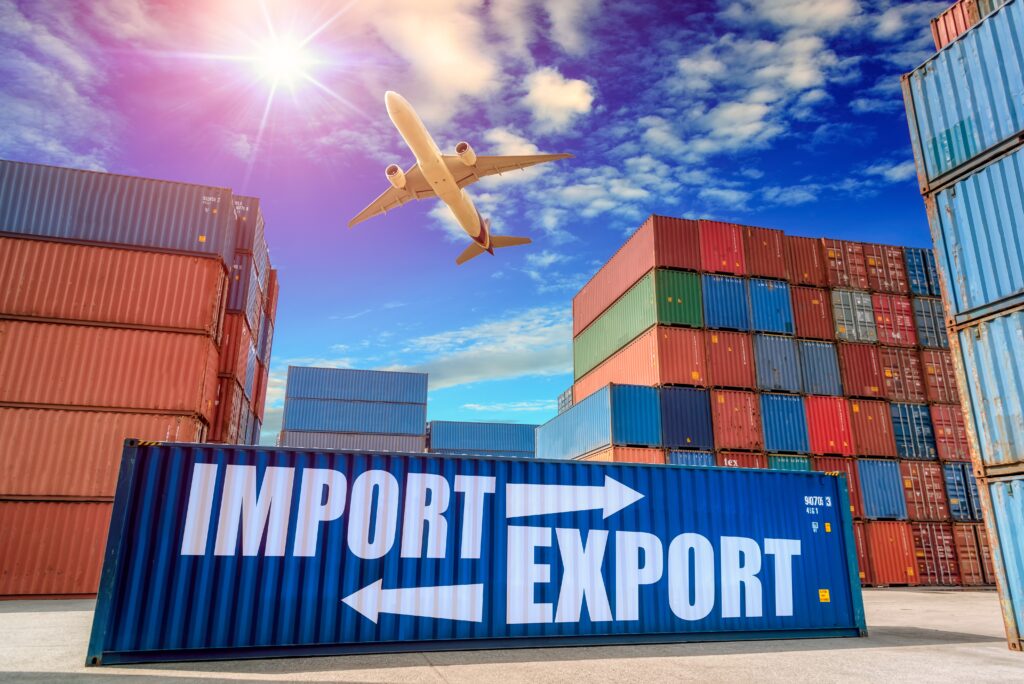
Current position:Home > News
2019-10-31
In today’s fast-moving logistics landscape, air cargo supply chains are being reshaped by e-commerce, shorter lead times, and real-time data. Airports, once seen merely as transshipment points, are now becoming strategic hubs in global trade. As businesses demand faster deliveries and greater transparency, airports must evolve to serve as dynamic logistics centers that integrate digital systems, customs operations, and last-mile distribution.
Over the past decade, the role of airports in air cargo logistics has changed completely. According to Gustavo Figueiredo, chief executive of São Paulo’s GRU Airport, airports can no longer act as passive infrastructure providers. Instead, they must actively manage information flow and cargo coordination across regions.
Airports today provide real-time tracking, shipment consolidation, and data-driven insights that enable e-commerce air freight to function efficiently. To meet next-day delivery targets in large countries like Brazil, airports must cooperate closely with customs authorities to ensure goods clear as quickly as possible. By creating seamless clearance systems, airports shorten lead times and enhance supply-chain performance.
As global trade expands, airports must serve both large enterprises and smaller logistics players. Big companies may choose to operate dedicated airport cargo hubs, while smaller firms rely on airports for handling and value-added logistics services such as assembly or light manufacturing.
Figueiredo emphasized that airports must offer flexible service models to match diverse customer needs. This adaptability strengthens their role as key nodes in the global air cargo network, allowing them to integrate additional services that were once handled elsewhere in the supply chain.
Modern supply chains aim to reduce the number of operational nodes to improve speed and efficiency. Airports can play a crucial role in this transformation by adding advanced cargo management capabilities—including sorting, labeling, and distribution—directly within their facilities.
This approach reduces transit time and streamlines logistics operations. As airport logistics evolve, they will help companies meet the growing expectations of e-commerce and just-in-time production systems, where every hour matters.

The transformation of air cargo logistics requires strong collaboration among airports, carriers, customs agencies, and freight operators. Adalberto Febeliano, vice president of Modern Logistics, noted that airports should act as integrated supply-chain partners rather than isolated transport hubs.
He cited automotive manufacturing as an example: airports could receive components from multiple suppliers and dispatch them directly to the correct production lines. This synchronization of inbound logistics enhances efficiency and supports industries dependent on real-time coordination.
The rise of global e-commerce logistics has accelerated the demand for smarter airport operations. Airlines such as Amerijet International and Avianca Cargo are adapting to this shift by redesigning their cargo processes.
Amerijet International’s CEO, Vicken Karjian, explained that staying close to customers is essential to anticipate new demands. Developing new air cargo products may take several months, so foresight and innovation are key.
Meanwhile, Avianca Cargo commercial director Carlos Andres Arango highlighted that e-commerce cargo differs significantly from traditional freight. Handling large volumes of small parcels requires digitalized systems and operational agility. The airline had to reengineer its entire cargo workflow to meet the expectations of modern online retailers.
The future of air cargo supply chains depends on airport-centered ecosystems that link freight forwarders, customs, and delivery providers through one digital network. Airports will remain vital hubs for rapid, high-volume logistics, serving both e-commerce and time-sensitive sectors like pharmaceuticals and electronics. As global trade grows more complex, airports will drive the next wave of logistics innovation with flexible infrastructure, transparent data sharing, and sustainable service models that meet regional and global shipping demands.
Airports are no longer passive gateways; they are becoming smart logistics hubs that drive the efficiency of global air cargo networks. Through flexible operations, digital integration, and streamlined customs processes, airports help reduce lead times and enable real-time supply chain management.
In a world where customers expect same-day delivery and instant updates, airports remain essential to the success of air cargo logistics. Their evolving role ensures that tomorrow's supply chains are faster, smarter, and more connected than ever before.